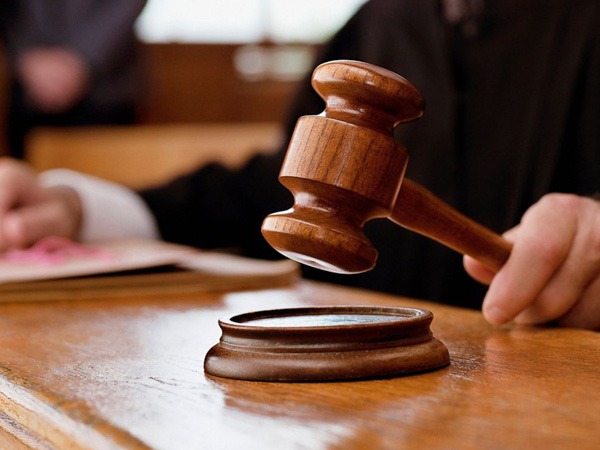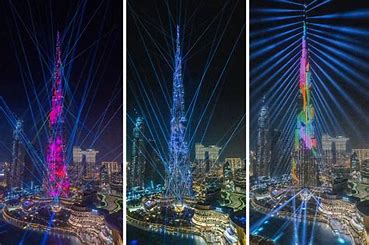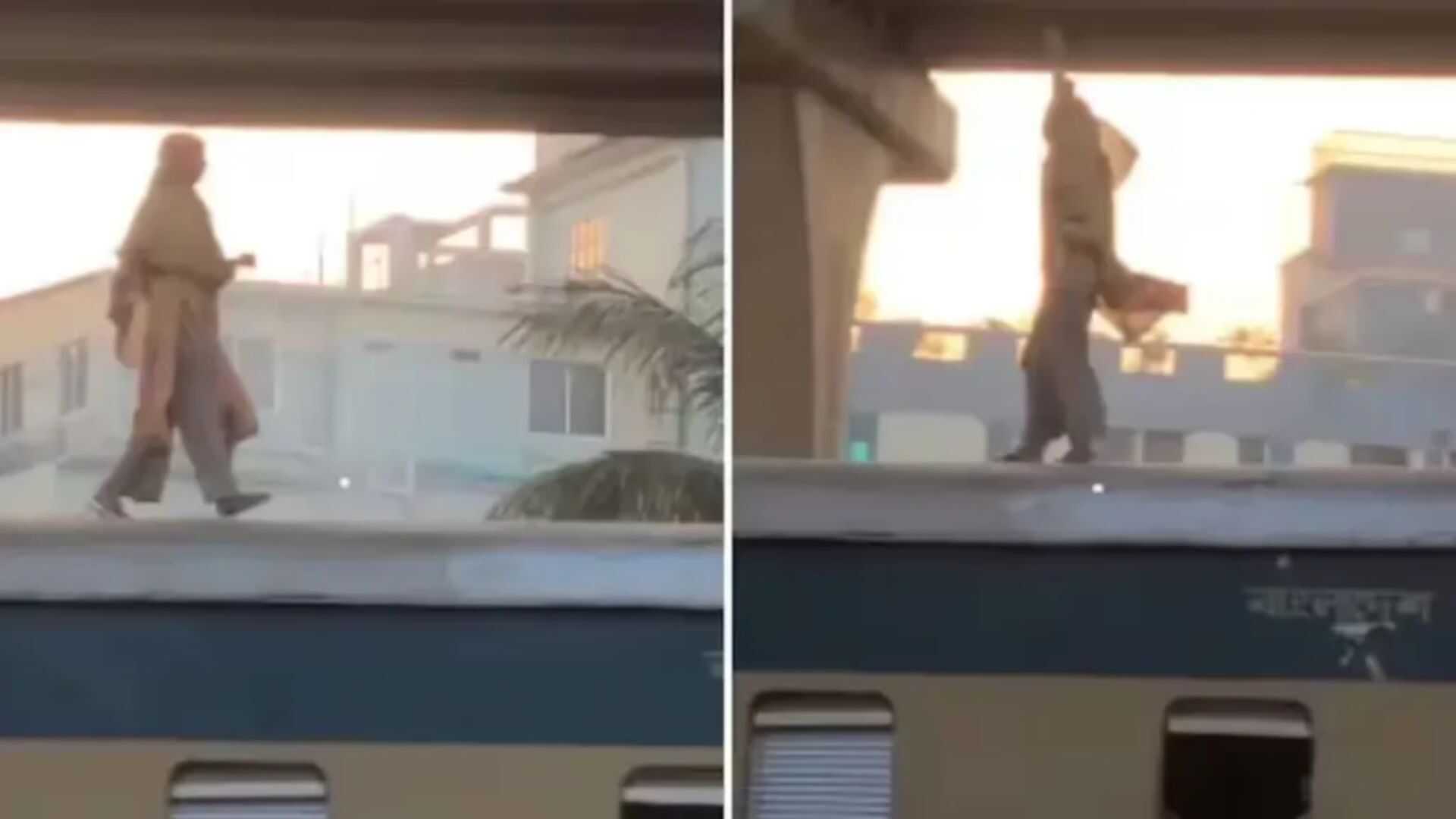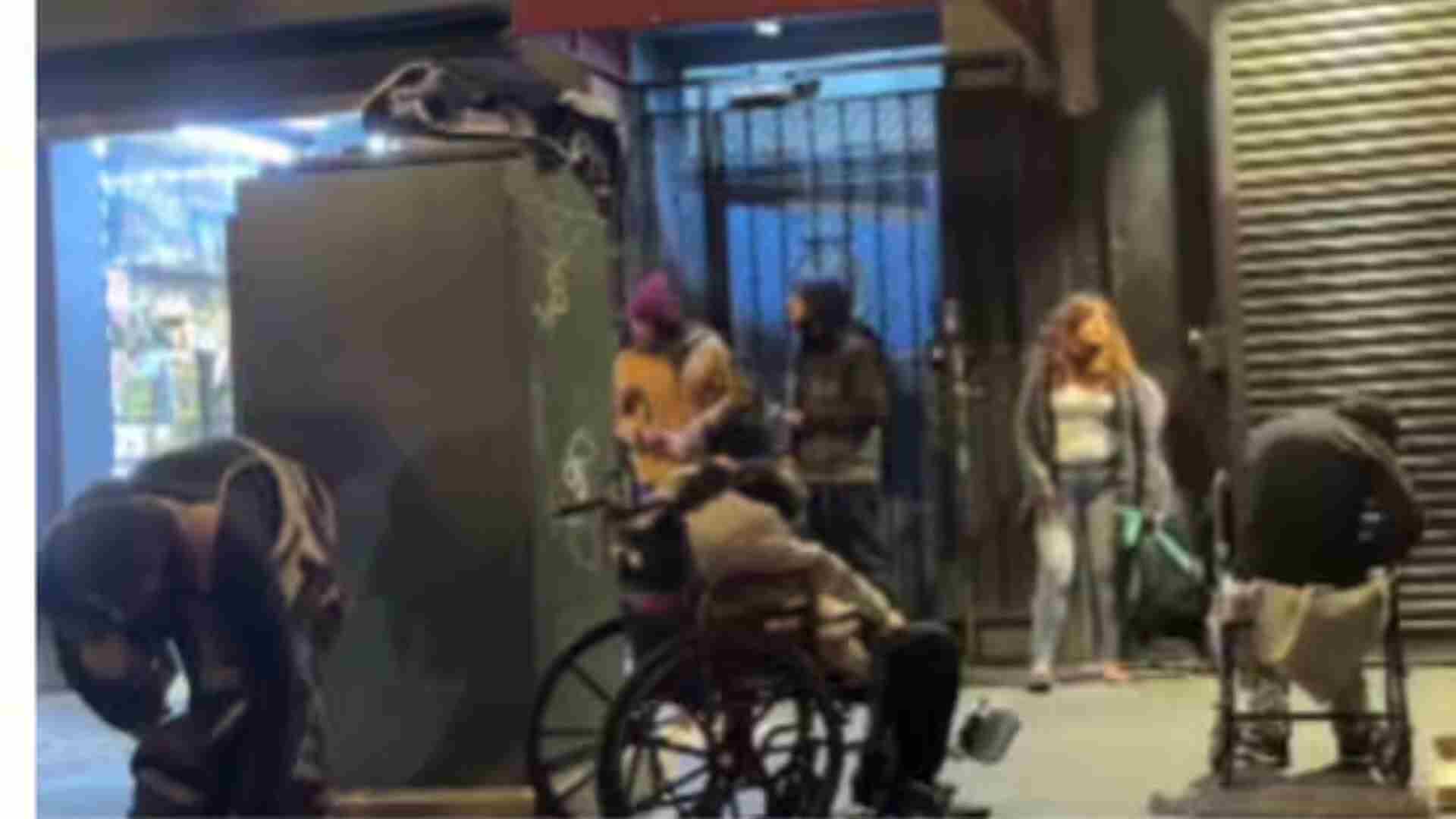
The Supreme Court on Wednesday directed that no citizen to be prosecuted under Section 66A of the Information Technology Act 2000, which was struck down as unconstitutional by the Court in 2015.
Under section 66A of the IT Act, a person posting offensive messages could be imprisoned for up to three years and also fined. A bench of Chief Justice of India U.U. Lalit and Justices Ajay Rastogi and S Ravindra Bhat said that there needs no reiteration that Section 66A is found to be in violation of the Constitution and as such no citizen can be prosecuted for violation of alleged offences under Section 66A of the IT Act.
The apex court directed that the Director Generals of Police and Home Secretaries of all States to ensure that reference to Section 66A is removed from all pending cases.
“We direct all Director Generals of police, Home Secretaries and competent officers in States and Union Territories to direct the entire police force not to register any complaint with respect to violation of Section 66A. This direction shall apply only with reference to Section 66A. If the crime has other facets, where other offences are also alleged, those shall not be deleted,” the bench stated in its order.
It added, “Whenever any publication, whether government, semi-government or private, about IT Act is published and Section 66A is quoted, readers must be adequately informed that the provisions of 66A have been pronounced upon by this court as to be violative of Constitution.”
The apex court was hearing a petition filed by the NGO Peoples Union for Civil Liberties (PUCL) which highlighted the issue of Section 66A of the IT Act being invoked despite the judgment of the top court. During the hearing, advocate Zoheb Hussain, appearing for the Centre placed a status report with regards complaints under Section 66A.
Earlier, the apex court had directed Centre to have discussion with the Chief Secretaries of the State governments where FIRs under Section 66A of the IT Act are continuing to be registered and sought status report from the Centre.
The bench took into note that the information provided by Hussain suggested that despite the issue regarding the validity of Section 66A being dealt with, a number of crimes and criminal proceedings still reflected on the provision of Section 66A of the 2000 Act and citizens were still facing prosecution under the same.
Passing the order, the bench disposed of the plea seeking implementation of the court’s earlier judgement. The plea had sought implementation of the top court’s verdict, submitting that Section 66A of the IT Act has continued to be in use not only within police stations but also in cases before trial courts across the country. Last year on July 5, the apex court had said it is “amazing and shocking” that people are still being booked under Section 66A of the IT Act that was scrapped by its verdict.
In a landmark judgment, the Supreme Court had in 2015, held that Section 66A is not only “vague and arbitrary” but it also “disproportionately invades the right of free speech”.













